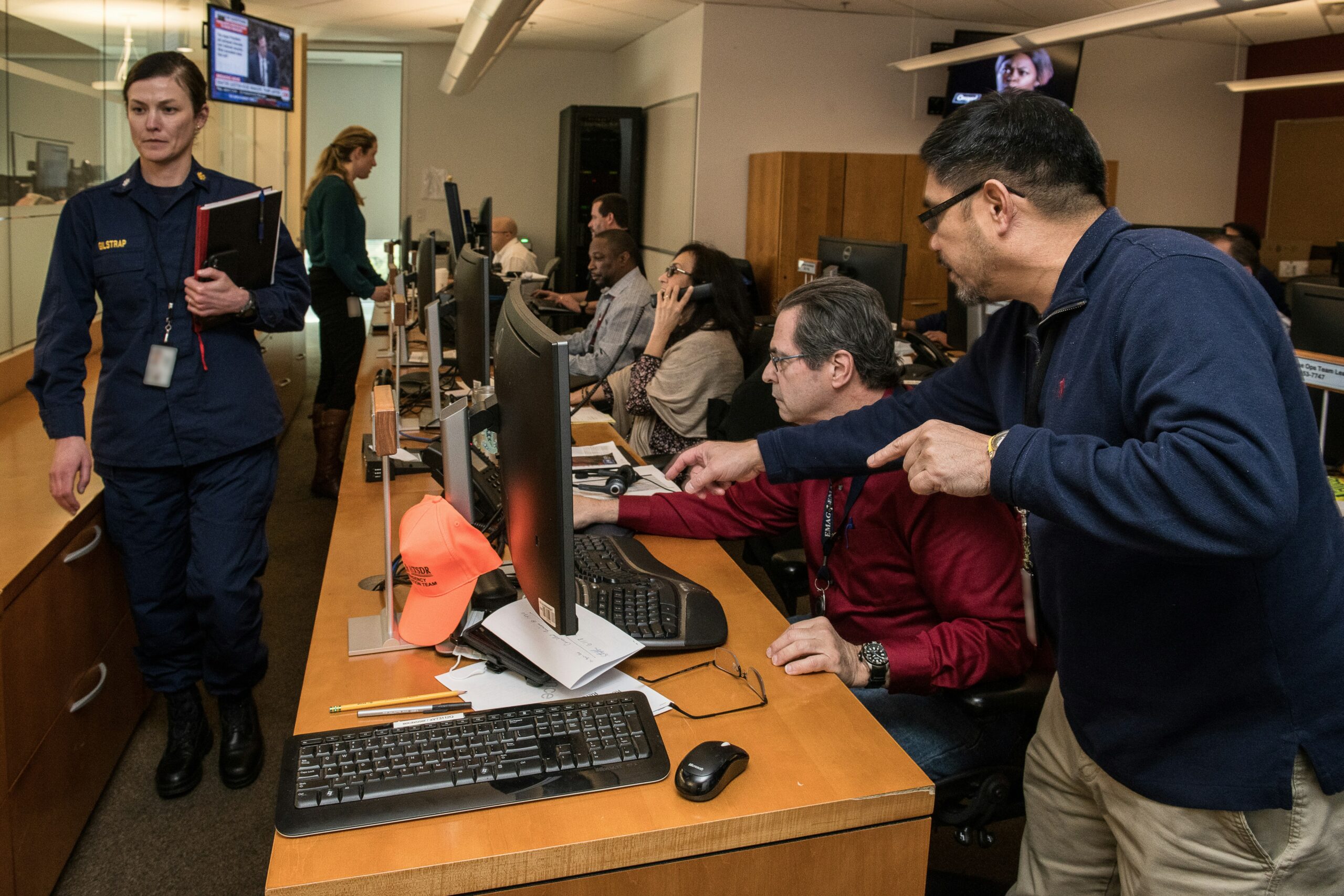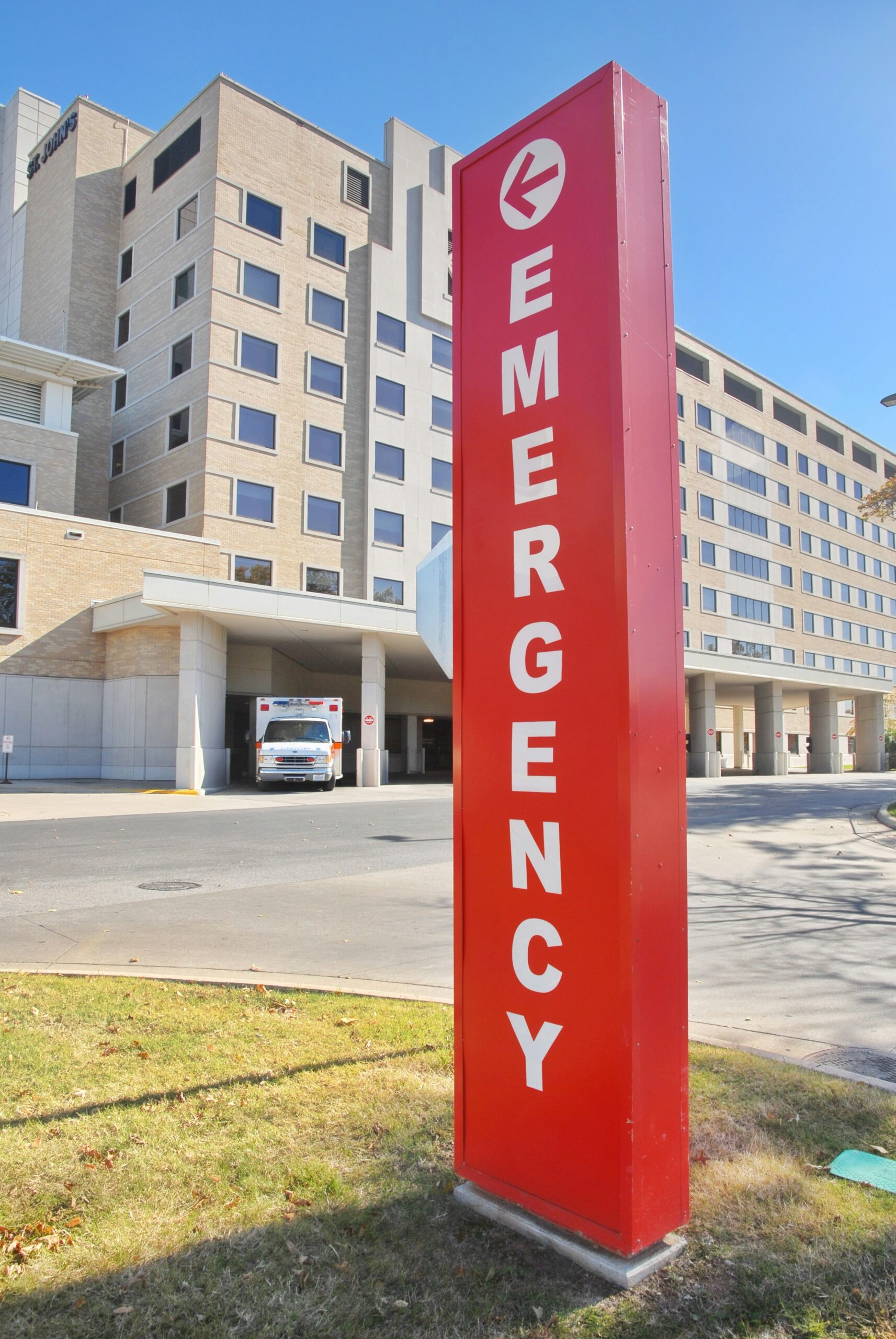Have you ever wondered what it takes to be a first-time prepper? In a world of uncertainties, being prepared for any situation has become increasingly important. Whether you’re new to the idea of prepping or looking to enhance your existing supplies, this article will guide you through the essentials. From storing enough food and water to having the necessary tools and equipment, we’ll provide you with the knowledge you need to confidently embark on your prepping journey.
Water
Water storage
When it comes to emergency preparedness, one of the most critical aspects is ensuring a reliable supply of clean drinking water. In any emergency situation, access to clean water may become limited or even non-existent. That’s why it’s essential to have a water storage plan in place. Consider investing in sturdy, food-grade water containers that can hold a sufficient amount of water for your needs. Aim to store at least one gallon of water per person per day for a minimum of three days, but ideally for two weeks. This will ensure you have enough water for drinking, cooking, and basic hygiene needs.
Water filters
Having access to clean drinking water is crucial, and in some situations, water from natural sources such as rivers or lakes may be the only option available. In these cases, having a reliable water filter is essential. Look for portable water filters that can remove bacteria, parasites, and other harmful contaminants from untreated water sources. There are various types of water filters available, ranging from small personal filters to larger gravity-fed or pump filters for group use. Make sure to choose a filter that meets your specific needs and has been tested and approved by reputable organizations.
Water treatment
In addition to having water storage and filtration options, it’s vital to be knowledgeable about water treatment techniques. In emergency situations, you may be required to treat and disinfect water to ensure its safety for consumption. Boiling water is one effective method of killing most types of pathogens, but it may not always be practical. Consider having water treatment tablets or drops in your emergency kit, which are designed to kill bacteria and viruses and make the water safe to drink. Follow the instructions on the product carefully, as different treatment methods may have specific guidelines and wait times.
Water purification tablets
Another valuable tool to have in your emergency preparedness kit is water purification tablets. These tablets typically contain substances like chlorine or iodine that can effectively kill bacteria, viruses, and parasites in untreated water, making it safe to drink. They are lightweight, compact, and easy to use, making them an excellent option for emergency situations or when traveling in areas with questionable water sources. Keep in mind that water purification tablets may impact the taste and odor of the water, so it’s a good idea to have additional flavoring options or a water filter to improve the taste if needed.

Food
Non-perishable food items
During emergencies, access to fresh or perishable foods may be limited. That’s why it’s crucial to have a stock of non-perishable food items in your emergency kit. Non-perishable foods are those that have a long shelf life, require no refrigeration, and can be prepared with minimal resources. These include canned goods, dried fruits, nuts, granola bars, and trail mixes, among others. Aim to have a diverse selection of non-perishable food items that can provide a balance of nutrients and meet the dietary needs of everyone in your household.
Canned goods
Canned goods are a reliable option for emergency food supplies. They are long-lasting, easy to store, and typically require little to no preparation. Look for canned fruits, vegetables, meats, and soups that provide essential nutrients and can be consumed directly from the can if necessary. Make sure to monitor the expiration dates regularly and rotate your canned goods to maintain their freshness.
Long-lasting snacks
In addition to non-perishable food items and canned goods, having a variety of long-lasting snacks in your emergency food supply is a wise choice. Snacks such as jerky, energy bars, dried fruits, and nuts can provide a quick and convenient source of energy when needed. Choose snacks that are high in protein, healthy fats, and complex carbohydrates to help keep you fueled during challenging times.
Food preparation tools
When preparing food during emergencies, having the right tools can make a significant difference. While survival situations may call for improvisation, it’s beneficial to have a few essential food preparation tools in your emergency supply kit. Consider including a manual can opener, a portable camping stove or cooking kit, mess kits or disposable plates and utensils, and a small cooking pot or pan. These tools will make it easier to cook and eat your emergency food supplies, ensuring you’re well-nourished during challenging times.

Shelter
Tents
In emergency situations where your home may be uninhabitable or inaccessible, having a reliable shelter is essential for your safety and well-being. A high-quality tent can provide protection from the elements, offer a sense of security, and help maintain body heat. Look for tents that are lightweight, durable, and easy to set up. Consider the number of people in your household and choose a tent with adequate space to accommodate everyone comfortably.
Sleeping bags
A good night’s sleep is essential, even during emergencies. Having warm and comfortable sleeping bags can significantly improve your rest and overall well-being. Look for sleeping bags that are designed for the appropriate temperature range and provide adequate insulation. Consider factors such as weight, portability, and ease of packing when selecting your sleeping bags.
Tarps
Tarps are versatile and can serve multiple purposes in emergency situations. They can be used to create additional shelter, protect your belongings from the elements, or even as a makeshift ground cover. Choose durable, waterproof tarps that are lightweight and easy to pack. It’s a good idea to have a few different sizes of tarps to meet various needs and provide flexibility in different situations.
Emergency blankets
Emergency blankets, also known as space blankets, are lightweight, compact, and highly effective at retaining body heat. In emergency situations where shelter options are limited, wrapping yourself in an emergency blanket can help prevent hypothermia and maintain your core body temperature. Keep several emergency blankets in your emergency kit to ensure that everyone in your household has access to this crucial source of warmth.
Hygiene supplies
It’s important to maintain proper hygiene, even during emergency situations. Adequate hygiene can help prevent the spread of illness and maintain overall well-being. In your emergency preparedness kit, include essential hygiene supplies such as toilet paper, hand sanitizer, wet wipes, soap, toothpaste, toothbrushes, and feminine hygiene products. Remember to regularly check and replace these supplies to ensure they remain fresh and usable.


